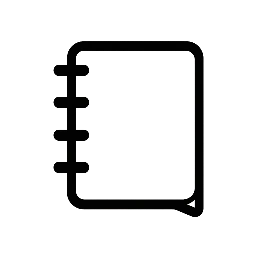Discover Joy in Everyday Moments
Welcome to my personal blog, where reflections, stories, and diverse topics inspire connection and thought.
300+
Unique Posts
50
Reader Favorites


Where Stories and Insights Intertwine
This space explores personal reflections, diverse topics, and heartfelt stories, offering a glimpse into the experiences and ideas that shape this blog’s purpose and growth.
Blog
Explore diverse stories, reflections, and insights crafted to inspire and engage with every visit.
-

How to Cultivate Curiosity in Daily Life
This paragraph serves as an introduction to your blog post. Begin by…
-

Finding Inspiration in the Ordinary
This paragraph serves as an introduction to your blog post. Begin by…
-

The Power of Sharing Your Unique Story
This paragraph serves as an introduction to your blog post. Begin by…
Inspiration Hub
Dive into thought-provoking reflections and ideas.
Life Chronicles
Explore personal stories and unique life experiences.
Curated Insights
Discover diverse topics, expertly shared and explored.

Cherishing Everyday Moments
Discover what readers have to say about the stories and reflections shared here.

Alex Smith
Freelance Writer
This blog brings fresh perspectives and insightful reflections that truly resonate.

Jordan Lee
Creative Designer
An inspiring space filled with thoughtful stories and meaningful connections.

Taylor Morgan
Photographer
A beautifully curated blog that leaves a lasting impression with every post.

Thoughts on Life’s Big and Small Moments
Discover stories that inspire and connect—subscribe today and never miss a post!
Diving Into Life’s Tales and Insights
188 Hood Avenue, Suite 202
789 Pine Road, Level 3
+987-654-3210
contact@myblog.com

